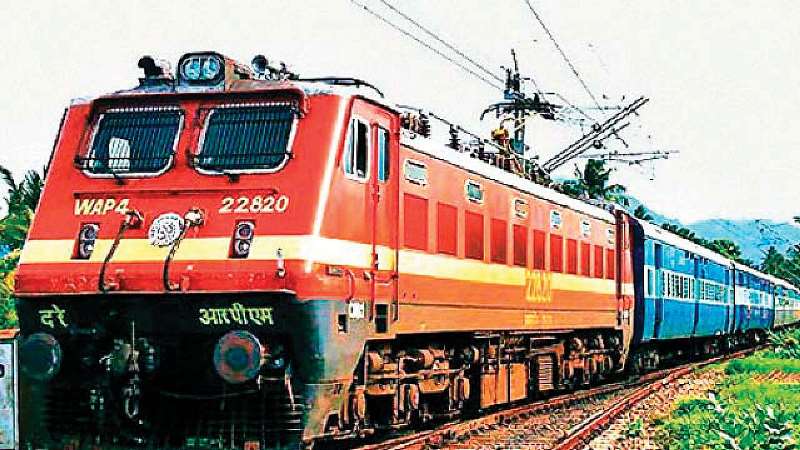Indian Railways proposes to make water shortage in trains a thing of past
Indian Railways is making plans, which when implemented will make water shortage in long distance trains impossibility in near future.
Indian Railways will introduce a new system in coming March, 2019. It will be implemented over 142 stations across India. The Railway Board has sanctioned Rs. 300 crore for the project.
Water woes onboard trains will soon be a thing of the past. Indian Railways is giving the final touch to a system that will reduce water filling time from the existing 20 minutes to just 5 minutes at stations.
According to current plans, water in long distance trains is filled up every 300-400 kms. It takes about 20 minutes approximately to fill up water in a long distance train. The water available is used in toilets and wash basins.
The water is filled in trains even when not empty. This is done so as there is adequate water for its passengers. With the use of the quick watering system, a 24-coach train can be filled up within five minutes and multiple trains can be simultaneously watered at the same time.
Earlier the water in the coaches was filled with the help of four-inch pipes. These would now be replaced with six-inch pipes with high power motors and the water would be supplied to the train coaches through a computerized system called SCADA (Supervisory Control And Data Acquisition).
The old pipes, the document said did not have enough pressure and took around 20 minutes to fill the tanks with a capacity of 1,800 litres of water in a coach, which resulted in shortages.
The ministry released a statement saying that the Railways have been receiving a lot of complaints regarding water storage. Hence the new plans for water management.
The railway ministry has planned to install pumps of 40 horsepower to increase the water pressure.
Also Read:Madhya Pradesh Polls: Neck-and-neck fight between BJP, Congress




 Ms Kalinga
Ms Kalinga